By Everett Martin
Founded in 1882, and now some 2,000 people strong, the Royal Society of Canada is the senior national body of distinguished Canadian scholars, artists and scientists. Each year, new Fellows are selected by their peers for outstanding contributions to the natural and social sciences, in the arts and in the humanities. On November 26, 2011, nine McGill researchers joined these prestigious ranks. Headway asked some of McGill’s new RSC Fellows to share the single most potent lesson from their own areas of expertise — in 50 words or less:
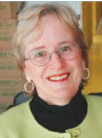
“Numbers can be misleading and don’t always tell the whole story. The worlds of families might seem constant upon first glance, and it is only through doing real investigative work that you can tease out the changes that are hiding behind the statistics.” — Céline Le Bourdais (Department of Sociology), Canada Research Chair in Social Statistics and Family Change
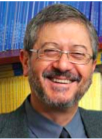
“Creating knowledge to improve our world and our well-being requires individuals who are innovative, honest, persistent, and careful about recording their discoveries. Above all, however, success in the quest for knowledge can only come from love, for the process of inquiry itself and for those who will benefit from that.” — Eduardo L. Franco (Department of Oncology and Faculty of Dentistry)
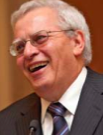
“In the study of history and culture, one must find a way to balance the parochial and the general, and, on the other hand, find a way to distinguish individuals from their group memberships. Such groupings seldom if ever act collectively as one person.” — Gershon Hundert (Department of Jewish Studies)
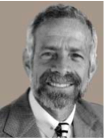
“Avoid the trap of ‘post hoc, ergo propter hoc’ (‘after this, therefore because of this’).” — Dr. Michael S. Kramer (Departments of Pediatrics and Epidemiology, Montreal Children’s Hospital)
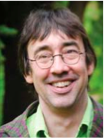
“‘Take your time,’ said the philosopher Wittgenstein. Humans and human institutions rush to judgment and jump to conclusions. Some are impatient to make an impact, some are arrogant and prejudiced, some confuse production with worth. In a world beset by ignorance and uncertainty — a world rather like ours — thorough reflection is vital.” — Desmond Manderson (Faculty of Law), CRC in Law and Discourse. (Professor Manderson left McGill at the end of 2011.)
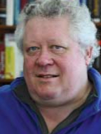
“Knowledge is not absolute. Science is a journey where the means justify the ends.” — William J. Muller (Department of Biochemistry, Rosalind and Morris Goodman Cancer Research Centre), CRC in Molecular Oncology
Also admitted to the Royal Society of Canada in 2011: McGill researchers Dr. Frederick Andermann (professor of Pediatrics and Neurology and Neurosurgery, and director of The Neuro’s Epilepsy Clinic and Research Unit), Allan Greer (professor in the Department of History and Classical Studies and the CRC in Colonial North America) and Michael Petrides (professor in the Departments of Psychology and Neurology and Neurosurgery, and director of The Neuro’s Neuropsychology/ Cognitive Neuroscience Unit).
